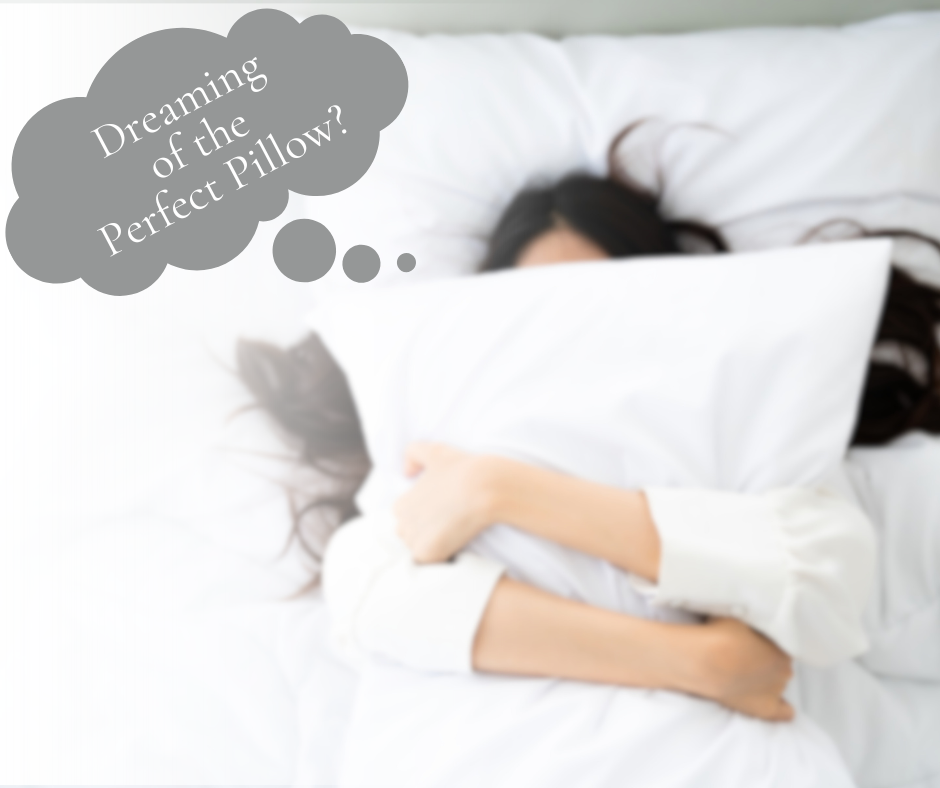Creating The Best Sleep Environment

Wake refreshed and maximize your sleep with these helpful tips for a dreamy night's rest.
- Keep Your Room Dark - When your environment is bright it can actually decrease the amount of melatonin, or "sleep" hormone, produced in your body. Light makes you feel more awake and alert instead of sleepy. If you have night lights, TV lights, outside light etc. coming into your bedroom it can keep your brain awake trying to process that light. We recommend reducing and eliminating as much light into your room as possible. Black-out curtains can be a great investment and wherever possible, use low-wattage light bulbs or dimmer switches to reduce bright light.
- Eliminate Electronics - Another huge way to reduce excess light is by taking out all the electronics in your room. They not only distract you and tempt you to stay up late scrolling or working or binge watching; but they also emit blue light which keeps your brain actively working instead of winding down. These greatly impact and decrease melatonin production. Try not to use electronics for an hour before bed, turn off TV's (take them out of your rooms), and silence notifications. You will see an impact on your sleep!
- Declutter Your Space - Your bedroom should be a place of peace and calmness. It should also be a place for rest and romance, and nothing more. If you have things from work, or for exercise, extra clutter or random objects disrupting that intention; get rid of them. A clean space will help set the right mood for winding down at night.
- Shhh! Quiet Please - Just a light can keep you awake and disrupt REM sleep, so can noise. We still process sounds while we're sleeping (this is why parents with babies never sleep!). Be sure to turn electronics and objects off around the house that may make sound at night. Including any TV's. If the light wasn't enough reason - the noise from a TV playing while you're sleeping is disrupting as well. You also don't want it so quiet that you are just listening for sounds in the house. Playing some background white noise like a fan or white noise machine can be very beneficial.
- Keep It Cool - The ideal temperature for sleeping is 60-67 degrees. Setting your thermostat in that range at least during your sleeping hours can help you catch those Zzzz's. Our body temperatures naturally drop when it's "powering down* and preparing to sleep. Keeping your external temperature in that range helps maintain ideal body temperature for sleep.
- Set Up A Routine - Our bodies naturally wind down and produce hormones that aid in sleep. We were designed to sleep in a cyclical manner. However, over time as we've evolved and introduced distractions into our lives we have moved our bodies away from that habit. Help your body by winding down and rising about the same time every day - giving yourself time to unwind and wake peacefully and slowly.
- Use Aromatherapy - Use all of your senses to help you find your state of peace. Some smells are linked to relaxation and can aid in the sleep process. Try lavender, vanilla or Jasmine scents to create that best sleep environment.
- Choose Quality Bedding - We may be biased, but we know the difference quality bedding (and mattresses) can make to your sleep. Invest in well made, natural, breathable fabrics. Up your thread counts. Choose options that help regulate your body temperature and eliminate allergens. It will make a world of difference. It's time to find luxury again in your bedroom. If you need to up your bedding game, we know just the place.




